Brazilian war photographer exposed as a fake
Martins also claimed to have survived leukemia
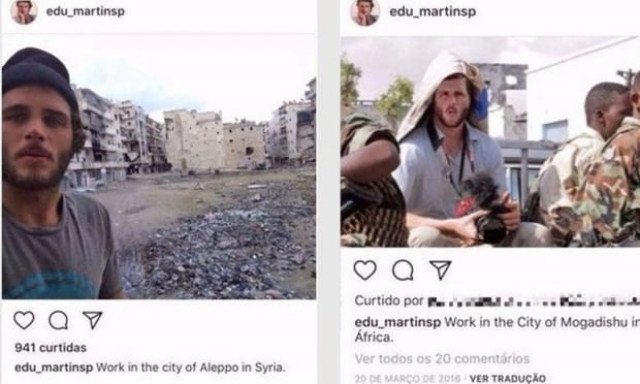
SCREENGRAB
According to a BBC Brazil investigative report, Martins stole pictures of Max Hepworth-Povery, a British surfer, and passed them off as his. It was a Lebanon-based reporter, Natasha Ribeiro who first caught wind of Martins’ scam.
BBC journalist faces five years jail for Thailand reporting
As the story began to unravel, Brazilian photographer Fernando Costa Netto, who had been in touch with Martins for over a year through Instagram, was approached by reporters concerned over the authenticity of Martins’ photography. Although BBC alleges that Netto warned Martins, he shot down the accusation in an email to the Guardian.
“I am in Australia. I took the decision to pass a year in a van. I am going to cut everything, including internet. I want to be in peace, we will see each other when I return,” Martins told Netto.
The two knew each other since Netto interviewed Martins for a surfing site Waves where the scammer had told leukemia recovery story while claiming to be in Mosul, Iraq. He had also claimed to have accompanied the Free Syrian Army in 2015 and grazed by a shot in Aleppo. Netto, who was planning an exhibition for the latter’s work, told Guardian he was deeply disappointed. “I have more pity than anger,” he said. “There is a certain deception with human beings, to trick people is ugly.”
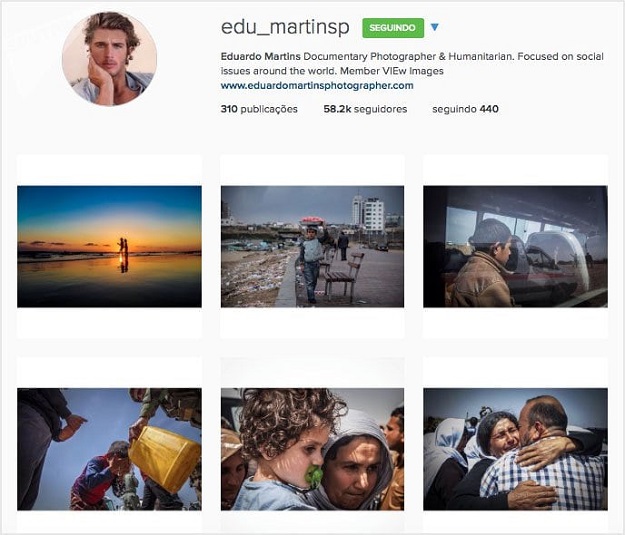 PHOTO: THE GUARDIAN
PHOTO: THE GUARDIANFurther investigations by Ignácio Aronovich showed that Hepworth-Povery was not the only victim. A reverse search on Google confirmed that most of Martin's pictures were taken from different photographers. “They did not have any visual consistency. For me they had been taken by different photographers. Photographers have their own style,” he said. “For me it was clear that Eduardo Martins was using photos from more than one source.”
BBC under fire for ‘real ISIS housewives’ skit
An American photographer, Daniel C Britt told BBC that some of the stolen work was his. An image in the Recount Magazine interview captioned as “Palestinian boy screaming after the clash against Israeli forces, east Gaza” was actually taken by Britt in Kirkuk, Iraq in 2010. Martins had flipped the image to make it difficult to trace.
Since the news of the scam emerged, Getty Images said in a statement to have removed all work by Martins that was carried by them. “Eduardo Martins … was identified as a collaborator and content supplier for one of our partners who has already been notified about this infraction. While we work together with all our internal departments to urgently clarify this issue, we are removing all the material involved from the air,” a spokesperson said in an email.
Meanwhile, Netto stressed that it was “necessary to be more rigorous in checking sources. “I have no doubt there are other Eduardos out there working,” he said.
This article originally appeared on The Guardian.

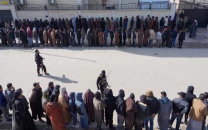

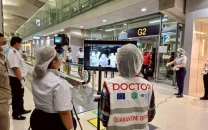
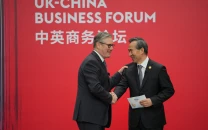
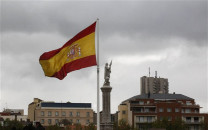













COMMENTS
Comments are moderated and generally will be posted if they are on-topic and not abusive.
For more information, please see our Comments FAQ